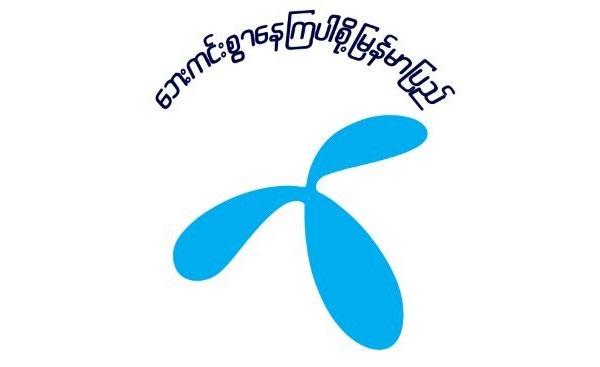Myanmar's authoritarian regime has taken steps to wind the clock back to a time when mobile services were barely affordable.
January 12, 2022

Myanmar’s authoritarian regime has taken steps to wind the clock back to a time when mobile services were barely affordable.
Telenor Myanmar warned customers over the weekend to expect increases in the cost of SIM cards and mobile data, after the military junta imposed new taxes in a thinly-veiled effort to exert further control over the population.
Announced last week, the taxes include a flat 20,000 kyat (£8.27) tax on the sale of new SIM cards. Telcos are also subject to a 15 percent tax rate on data revenues, which will have to be recouped through higher prices. In a country where the median gross income is around £200 per month, and where almost 25 percent of the population live below the poverty line, such price increases will only stifle the uptake and use of mobile data services. This could have stark consequences for freedom of speech, financial inclusion, and access to vital information pertaining to health and education. The new taxes went into effect on Saturday.
In a statement, Telenor said all telcos have suspended sales of new SIM cards while they update their IT systems to reflect the new prices.
“Price changes for data consumption should be expected on data packs across all mobile operators and Internet service providers,” the company warned. “We regret the adverse impact on customers in terms of affordability of an essential service,” it continued, adding that it “remains committed to keep the people of Myanmar connected.”
Min Myanmar Research Services (MMR) got hold of this press release issued by state-owned news outlet The Global New Light Of Myanmar, in which the junta claimed that “the majority of developing countries levy the sector-specific tax in addition to regular commercial tax for Internet services.”
As well as bringing in more cash, the junta said the new levies will also reduce “the effects triggered by extreme use of Internet services on the employment of the people and physical and mental sufferings of new generation students”. Roughly translated: benevolent big brother is pricing you off the Internet for your own good.
Meanwhile, Telenor continues to face opposition to its planned sale of the Myanmar operation. With the human rights situation deteriorating following the military coup in February 2021, the Norwegian incumbent in July struck a deal with Lebanon-based investment firm M1 Group for the paltry price of $105 million.
In the weeks following the agreement, Telenor revealed that multiple civil society organisations in Myanmar complained to Norway’s OECD national contact point (NCP) responsible for business. They argued that selling Telenor Myanmar breaches OECD guidelines that oblige multinational companies to uphold human rights and resist any effort to infringe upon them. They want Telenor to stay and fight.
The NCP has taken up the complaint and is investigating the matter. In the meantime, Telenor continues to insist that its continued presence in Myanmar is untenable due to the pressure put on it by the junta to intercept communications on its network and effectively spy on its customers.
“Activation of such equipment is unacceptable for Telenor Group, and Telenor will not activate it voluntarily,” the telco said in September. “Furthermore, as a legal and regulatory framework that safeguards our customers and adheres to fundamental human rights and international laws is not in place in Myanmar now, operating such equipment in this situation would constitute a breach of our values and standards as a company. Ultimately, this conflict between local and international law and human rights principles makes continued presence in Myanmar impossible.”
It’s an unfortunate position for Telenor to be in, particularly given it is not one of its own making. If it leaves Myanmar it will be accused of abandoning the people in their time of need. If it stays, it will eventually be forced to comply with the junta’s wishes, which risks damaging its international reputation. Whatever the outcome, the real losers from all this are, sadly, the people of Myanmar.
About the Author(s)
You May Also Like








.png?width=300&auto=webp&quality=80&disable=upscale)


_1.jpg?width=300&auto=webp&quality=80&disable=upscale)


.png?width=800&auto=webp&quality=80&disable=upscale)